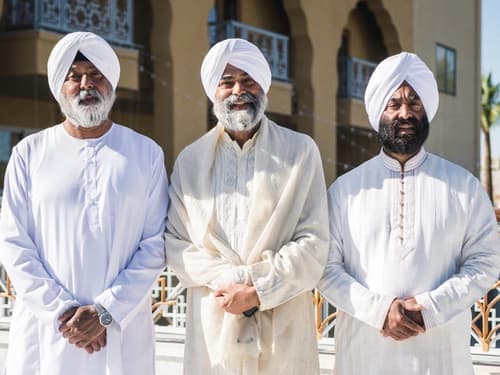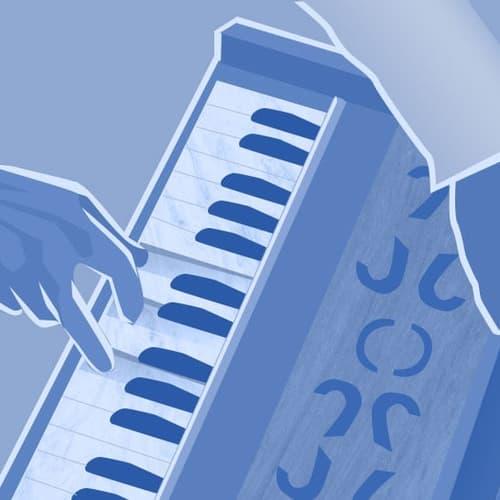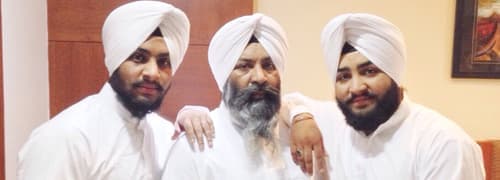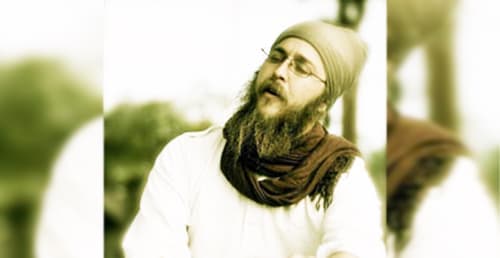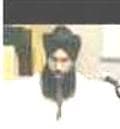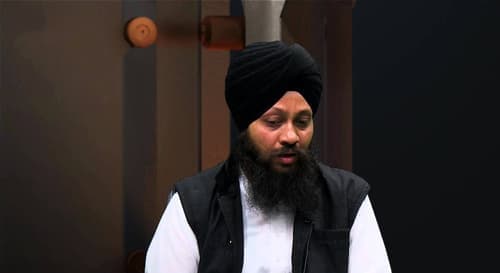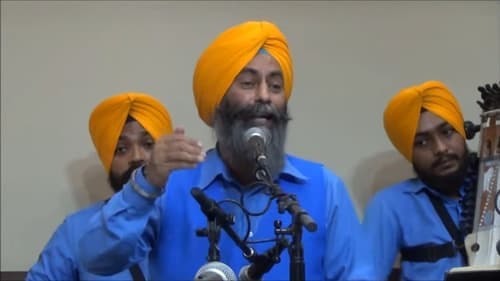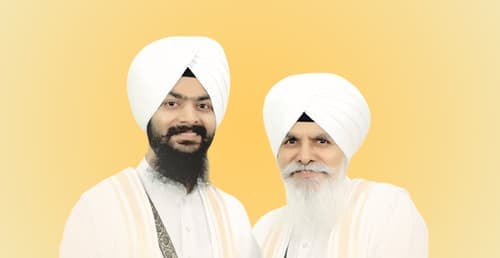The Partap Brothers; Davinder, Mohinder, and Ravinder Partap are proud ambassadors of the Sikh community. Davinder Partap Singh, the eldest of The Partap Brothers, was born in Sangrur, Punjab on January 4th, 1955. At only 10 years old, Davinder embarked on a life of musical study and spiritual exploration. As a student of the prestigious Guru Tegh Bahadur Khalsa School in New Delhi, Davinder learned to confront the challenges of performance and practice. In his teenage years, Davinder accompanied his father, Sant Partap Singh (a musical icon in his own right) on travels to perform in India and abroad. Over the years, Davinder has been credited with reintroducing complex Taals (or beat cycles) in Gurmat Sangeet. He is known internationally as a master of the genre and carries his own unique style. Mohinder Partap Singh was born in Sangrur, in the Indian state of Punjab in October, 1957. The 6th of 8 brothers and sisters, he began learning tabla at the age of 6, later mastering sitar and harmonium. He recalls rigorous practice sessions in his youth that lasted more than 4 hours. His father, the great Sant Partap Singh Ji, and his brother, Davinder, were the source of his instruction and inspiration. Mohinder has come to realize what it truly means to listen and learn. He’s become particularly receptive to the influence of his brother Davinder, who has encouraged him to pioneer innovative techniques and styles of performance. Reciprocating this encouragement, Mohinder’s positivity and focused lifestyle are a source of energy and stability for The Partap Brothers. Ravinder Partap Singh was born in West Patel Nagar, New Delhi on September 30th, 1962. While his home was filled with the transcendent sounds of Indian classical music, Ravinder initially pursued a sporting life, playing cricket, running, and bodybuilding. Growing up in an observant Sikh family with eight brothers and sisters, Ravinder’s early days were filled with joy and productivity. He was 28 when he took up the tabla, the rhythmic backbone of Indian classical music. Upon discovering the tabla, Ravinder practiced diligently, finding inspiration in tabla masters like Ustad Tafu Ji, and formal instruction from his father, Sant Partap Singh Ji and his uncle, Ustad Ram Singh Ji. His truest and most lasting musical influences, however, are his brothers, Davinder and Mohinder, who as young men pursued the violin and the tabla, respectively. Music is a means of keeping the Partap Brothers close, an unspoken language only they can speak, but everyone can understand. His style is marked by the Kanar Tabla, in which the index finger is dominant. When performing and practicing tabla, Ravinder strives for perfection in every moment, and in every note. They have spent more than 4 decades in North America and abroad perfecting their talent. Their absolute dedication to classical Kirtan, or the musical recitation of sacred Sikh texts, is of great pride to Sikhs everywhere. The poetry and philosophy of the Guru Granth Sahib, Sikhism’s most holy scripture, is the richest source of spiritual inspiration for the Sikh people. Music, it can be argued, offers a more direct and contemplative means of communing with these holy words. The Partap Brothers and their supporters are energized by the notion that generations to come, of all faiths, will be able to appreciate, and find a sense of spiritual solace, in these transcendent Kirtan, Ghazals, Tumri, and Indian Classical in general.
